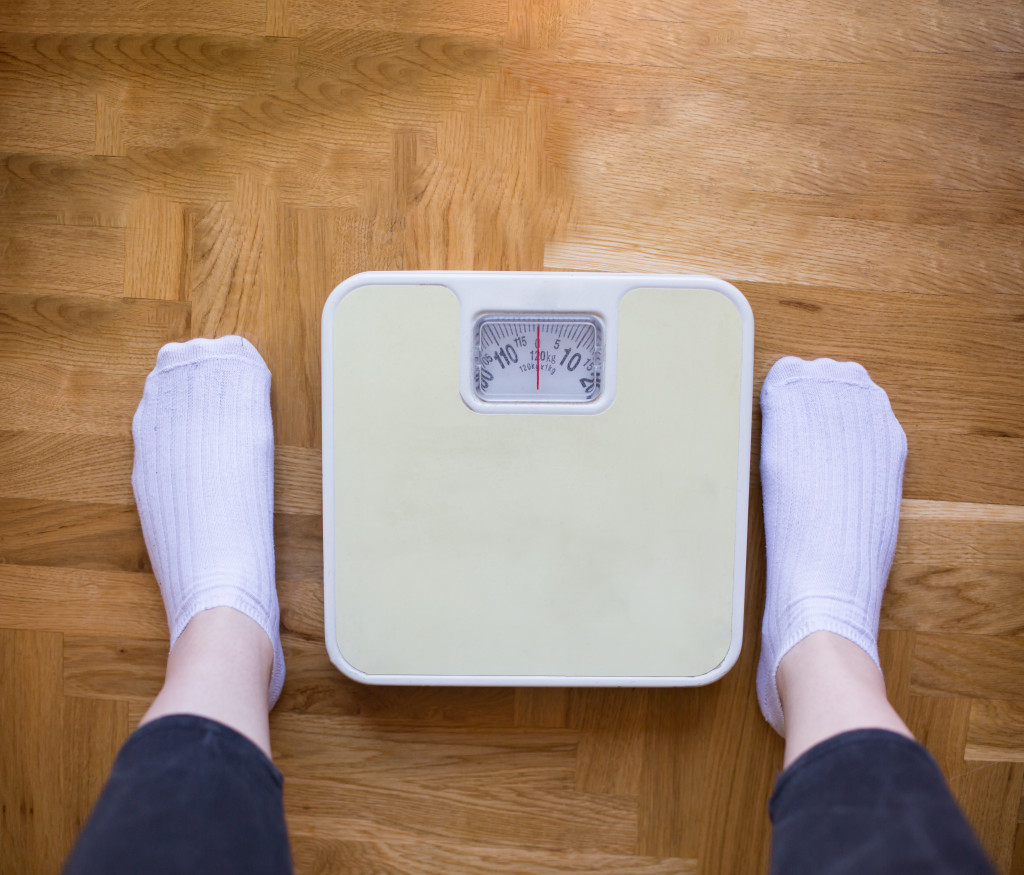Disclaimer: What Liberty Ate. This site provides food and drink content for informational purposes only.
Are you turning forty? While most people think they know what to expect when they turn forty—like more experiences with hot flashes and menopause symptoms—you may find yourself struggling with some new issues as well.
As you enter the decade known for its changeability and surprises, here’s a look at some of the most common physical conditions many people 40s, along with ways you can help yourself feel better.
High Blood Pressure
One of the most common conditions, high blood pressure, is a dangerous condition that can lead to coronary artery disease or a heart attack, and it’s often totally undiagnosed because the symptoms don’t show up until you’ve already suffered permanent damage. If your blood pressure readings consistently measure 140/90 or higher, you may suffer from high blood pressure. If so, here are some of the most common signs that you’re experiencing it:
- Headache or severe chest pain
- Irregular heartbeats or palpitations
- Vertigo (dizziness) or faintness
If you think you have high blood pressure, talk to your doctor about an appropriate treatment plan. There are different kinds of drugs available. Some are prescription strength, and others are over-the-counter; both can help you feel better. You may also want to make some lifestyle changes: giving up smoking, reducing stress (by practicing yoga, for example), and making dietary tweaks like eating less salt and more potassium can make a huge difference in your health. And finally, consider having regular checkups to ensure that your blood pressure stays in a reasonable range.
Diabetes
It’s possible to develop this condition during perimenopause or menopause because falling levels of estrogen and progesterone can lead to an increase in insulin production, which means it’s essential for women over 40 to keep tabs on their blood sugar levels. Symptoms of diabetes include weight loss, fatigue, numbness in the hands and feet (or in any other extremities), blurred vision, frequent urination, and excessive thirst. If you experience any of these symptoms or have already been diagnosed with type 2 diabetes, talk to your doctor about appropriate treatments. You’ll need to make changes to your diet and lifestyle like reducing saturated fat intake and getting regular exercise (with supervision, if necessary), and perhaps starting a medication regimen as well.

Weight Gain
As you get older, your metabolism may slow down, so it’s natural to gain weight during perimenopause and menopause. Still, if you’re not eating nutritious food and exercising regularly, your risk of weight-related health problems (like type 2 diabetes) will increase. Plus, if the additional pounds come from gaining fat around your midsection (aka visceral fat), then you’ll be at higher risk of heart disease and other weight-related health problems. If weight gain is an issue for you, try these weight loss tips to help manage your weight during menopause:
-
Eat a healthy diet:
It’s important to eat plenty of fruits, vegetables, whole grains, lean protein, and low-fat dairy products. Still, it would be best to have a customized weight loss plan tailored to your body’s needs.
-
Do weight-bearing exercises:
As mentioned above, weight-bearing exercises like walking can help strengthen your bones and muscles, which will help increase muscle mass. Plus, the more muscle you have, the more efficiently your body uses insulin to process sugar; this helps lower blood sugar levels.
-
Limit sugar intake:
Sugary food and beverages cause your insulin levels to spike, making it more difficult for your body to lose weight. If you can’t cut out all sugar from your diet, try limiting the amount of added sugars in processed food by checking food labels.
-
Limit alcoholic intake:
Alcohol contains empty calories, so drinking too much will make weight loss harder. Having two drinks a day is considered moderate alcohol consumption.
-
Reduce stress:
When you’re stressed, your cortisol levels rise. This can cause weight gain because excess cortisol can stimulate fat cells to accumulate. Try taking deep breaths throughout the day or practicing relaxation techniques.
Gallstones
Unfortunately, women in their 40s are also at increased risk for developing gallstones; this is because hormonal changes that occur during perimenopause can lead to the reduced production of bile (which is necessary for the liver to process cholesterol and triglycerides in your food). When you don’t secrete enough bile, it can lead to congealed particles grouping together in the gallbladder; this can cause inflammation, pain, and even infection if they’re not treated. If you think you might have gallstones, ask your doctor about testing. If it’s confirmed that you have them, they’ll likely recommend surgical removal of the gallbladder (called a cholecystectomy).
The Bottom Line
Women in their 40s are at higher risk for some health problems than when they were younger. However, with the proper diet and lifestyle changes and treatment, most of these issues can be managed successfully. Even more importantly, your overall health is largely influenced by the healthier choices you make every day. So try to be as active as possible, sleep well, and enjoy the food you love in moderation.

